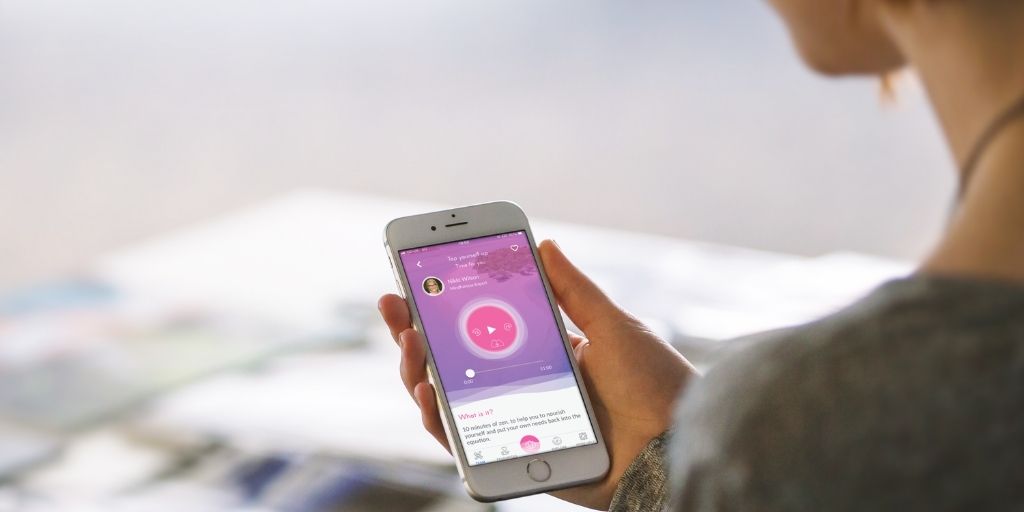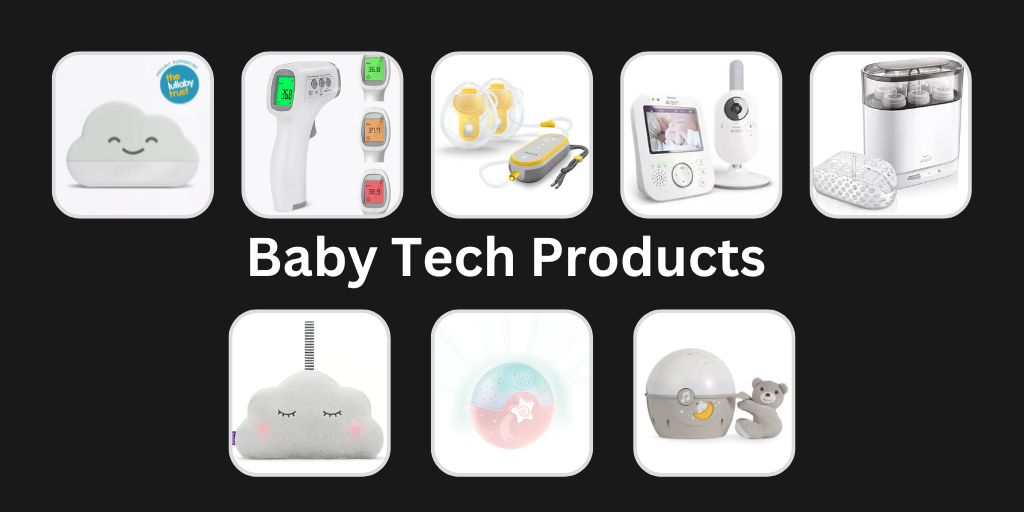
Critical workers and parents are typically identified as groups who have been the hardest impacted in terms of mental health by the Covid-19 pandemic. Parents who work in health have been doubly impacted. Not only are they caring for their own children, but working day and night to meet the needs of many other vulnerable people too.
The NHS has announced 40 dedicated support hubs offering staff access to mental health services and the NHS People Plan 2020/2021 has made wellbeing of staff a top priority. Now Nourish, the UK’s leading mental health and wellness app for parents, is working with Locum’s Nest, the health tech company on a mission to solve the NHS staffing crisis by connecting doctors to vacant work in the NHS, recently named in FT1000 (Europe’s fastest growing businesses) to support parents working on the frontline of our healthcare system.
The collaboration, announced on Friday, aims to provide emotional support to thousands of parents working in health. Now, more than ever, time is precious for these parents who are under incredible pressure. Nourish, part of the FemTech accelerator programme, is a self-care toolkit and support team in parents’ pockets. The app empowers parents to look after their mental health and find moments of calm to rest, reset and restore, and navigate the stresses and strains of parenting in the modern world. Nourish was created out of frustration from the founder, Sara Campin, a former Life-sciences strategy consultant, that generic mental health, mindfulness apps didn’t meet the specific needs and challenges of parents.
This partnership follows a trend in apps offering free subscriptions to NHS workers, including the likes of Sleepio and Headspace and the NHS is increasingly open to partnerships with health tech apps. Sara Campin, the founder of Nourish said, “We felt that it was important to do what we could to support people who are completely stretched from caring for others, to consider how to take care of themselves too. So we are delighted to partner with Locum’s Nest, a trusted partner to hundreds of hospitals and thousands of health workers, to reach out to these incredible and inspiring parents.”
What’s the impact of this partnership?
Many of the mental health and wellness initiatives conceived at a high-level are unappealing or impractical for any working parent, let alone parents who are also critical workers. Nourish has created a self-care app, tailored to the specific needs of busy parents, providing a range of practical wellbeing content such as mindfulness, yoga Nidra, breathing exercises and positive psychology suited to different tastes and parenting needs. Parents navigate the app based on how they are feeling at that moment – exhausted, overwhelmed, frazzled, stressed, angry, unable to cope Or by common parenting challenges such as sleep deprivation.
All the content has been created by a team of multidisciplinary parental wellbeing experts.
“Small, mindful breaks during the day make all the difference” says Sara Campin. “When we don’t give ourselves time to switch off from doing, thinking, analysing and supporting others, it’s easy to feel overwhelmed and burned out. We like to use the example of thinking of our stress levels like a pot of water on a hot stove. When we are parents or critical workers, the stove is always on and the water is heating up. The more triggers we have during the day, the more the water will heat up until it boils over and we erupt. By taking mindful pauses, or just reconnecting with yourself, helps us to take the pan off the heat and stop the water from boiling over”.
Co-Founder of Locum’s Nest, Dr Nicholas Andreou said:
“We believe that more needs to be done to support NHS workers to cope with the stresses and strains of their jobs. Locum’s Nest provides solutions to ensure that staff can work flexibly and stay in the jobs that they love and we see offering mental health and wellness support that is both very tailored to specific needs as well as being completely scalable, like the Nourish app, is a really opportunity to have a big impact on those people working in the health sector and consequently, the level of care that is delivered. When people take care of themselves, they are better able to take care of others”









